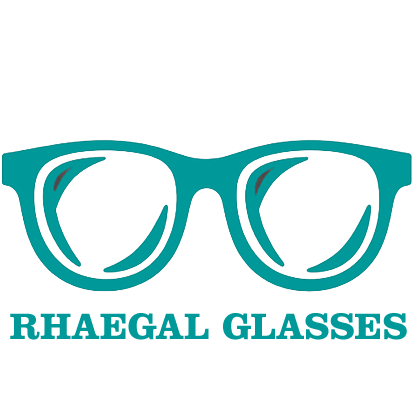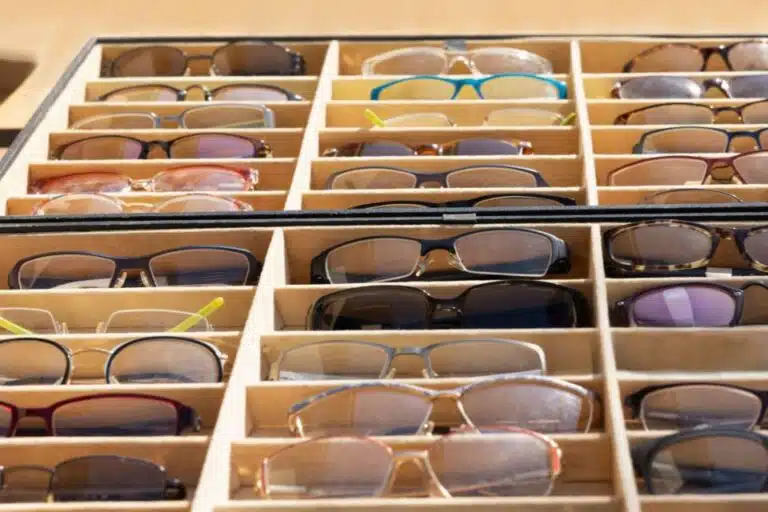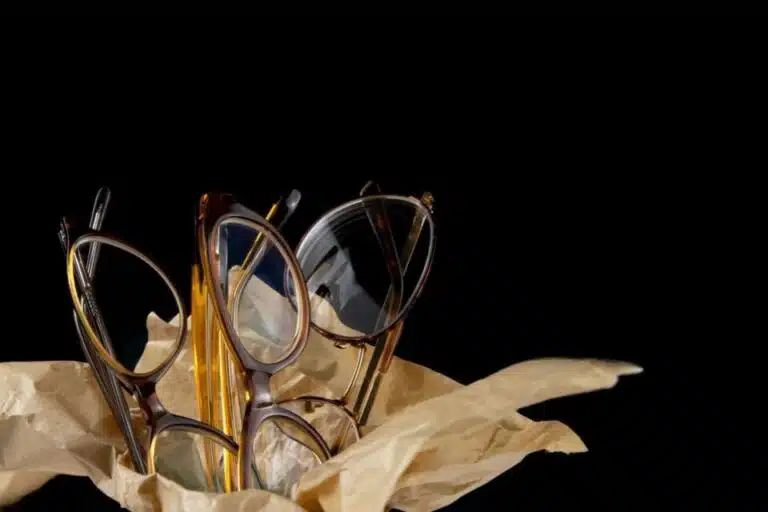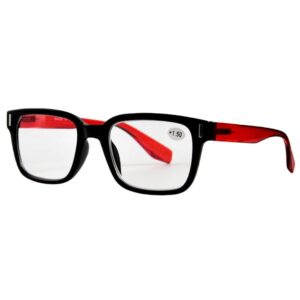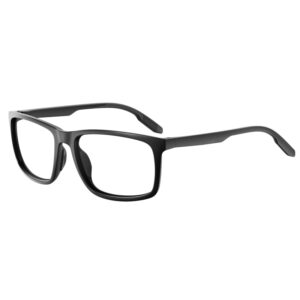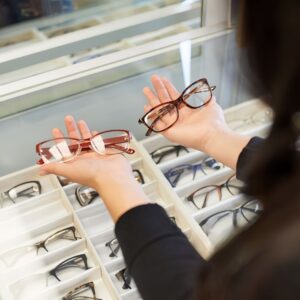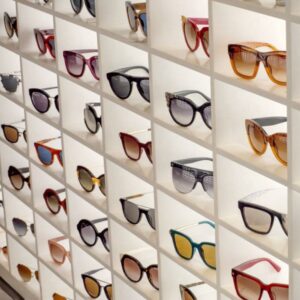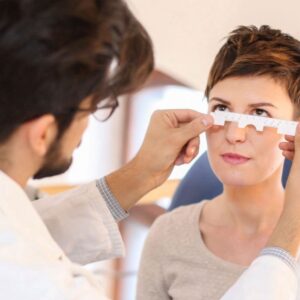
Les grandes choses dans le monde des affaires ne sont jamais le fait d'une seule personne. Elles sont le fait d'une équipe. Nous avons ce groupe dynamique de personnes

Custom Square Oversized Polarized Sunglasses for Women
Home WhatsApp Email Eyeglasses, Titanium Frames Customized Titanium Eyeglass Frames, Flexible Titanium Eyeglass Frames for Men, Titanium Eyeglass Frames for
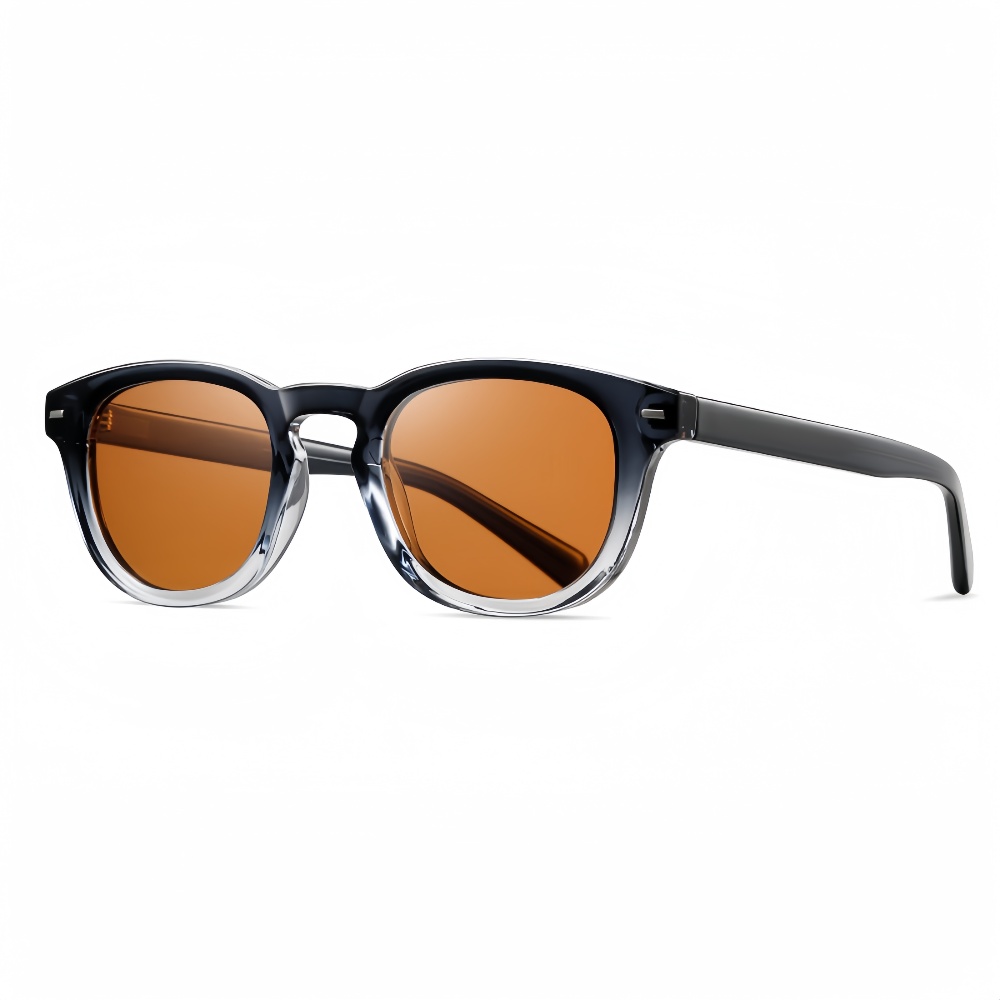
Customized Polarized Designer Sunglasses for Women
Home WhatsApp Email Eyeglasses, Titanium Frames Custom Men's Titanium Eyeglasses, Wholesale Men's Titanium Frames, Women Titanium Eyeglasses Frames Customized Polarized
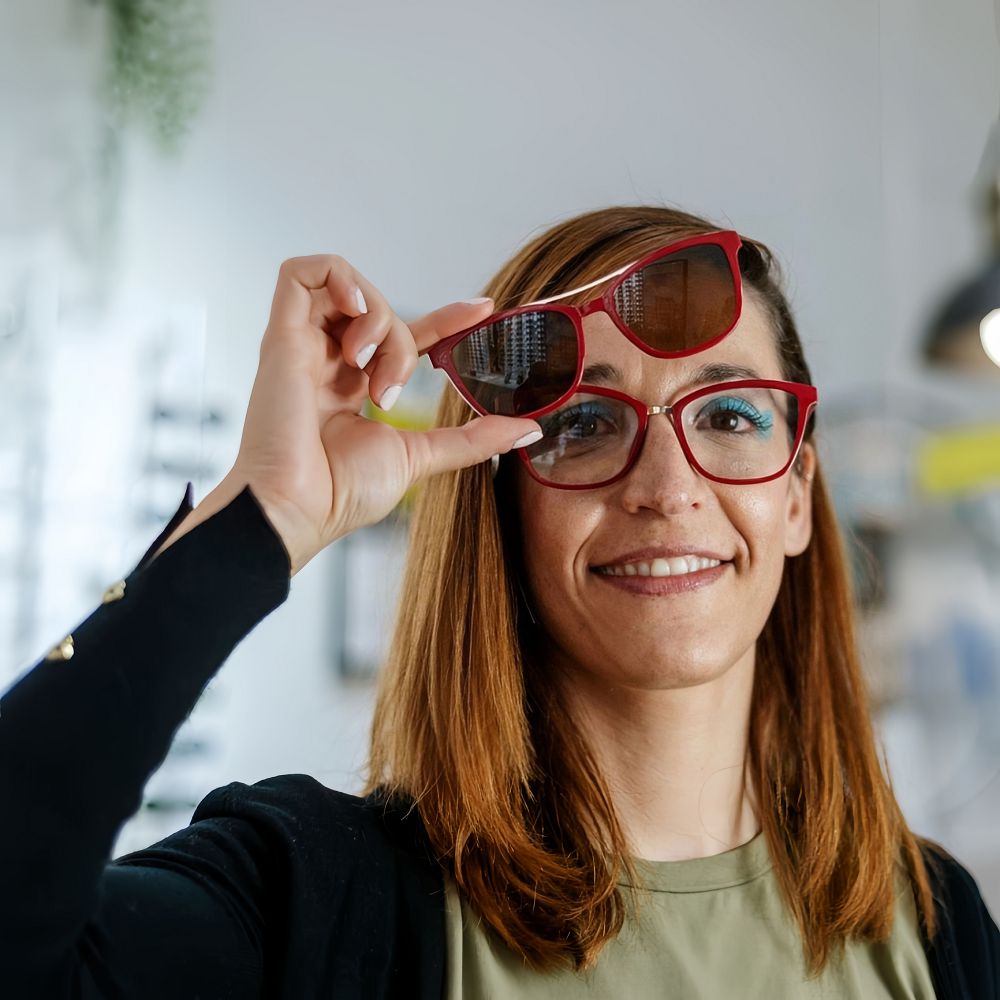
Magnetic Eyeglass Frames: Are They Safe and Stylish?
Magnetic eyeglass frames have become a trendy choice for eyewear enthusiasts. But are magnetic eyeglass frames safe, and should you consider them for your next pair of glasses? This article dives deep into the world of magnetic glasses, exploring their safety, functionality, and why they might be the perfect fit for you.
